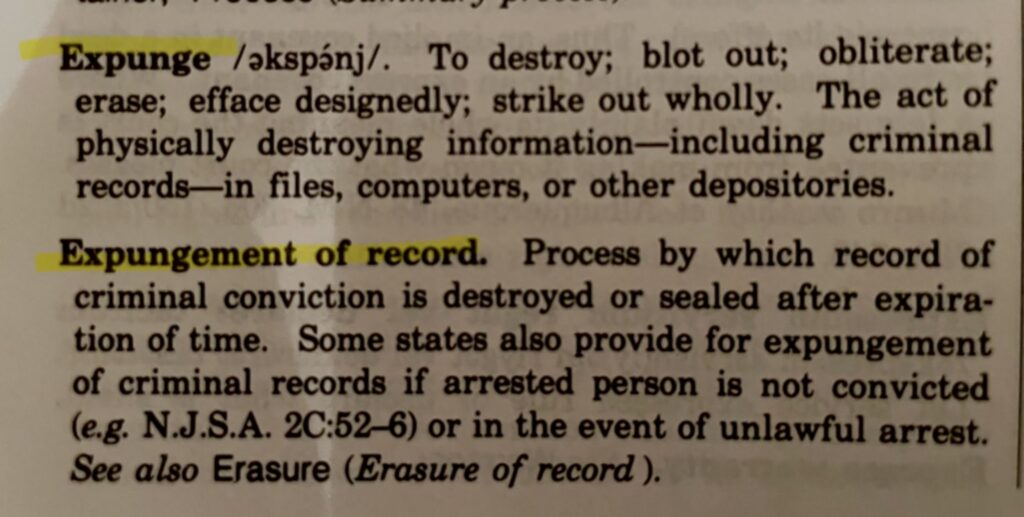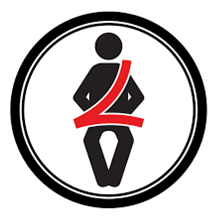Guns in North Carolina
Wednesday, February 28th, 2024
In North Carolina one may legally carry openly a gun without a permit if they meet the following requirements: they are at least 18 years of age, and have no felony convictions. The open carry rule is restricted in certain sensitive locations such as educational properties, correctional institutions, state or federal buildings, or private businesses or properties that have posted “No Weapons” signs.
However, if one wants to carry a concealed gun, one needs to obtain a concealed carry permit. The requirements for obtaining a concealed carry permit in North Carolina are as follows:
Age: Applicants must be at least 21 years old.
Residency: Applicants must be a resident of North Carolina for at least 30 days preceding the filing of the application.
Training: Completion of an approved handgun safety course within a specified time frame. The course typically covers firearm safety, marksmanship, and the laws regarding the permissible use of deadly force.
Criminal Background Check: Applicants are subject to a criminal background check by both state and federal agencies. Certain criminal convictions or pending charges may disqualify an individual from obtaining a permit.
Mental Health Records Check: Applicants must not have been adjudicated or administratively determined to be lacking mental capacity or mentally ill unless the adjudication or determination has been removed pursuant to law.
Good Moral Character: Applicants must be of good moral character. This typically means having no recent convictions for certain crimes, such as violent offenses or felonies.
Fingerprinting: Submission of fingerprints for a criminal history record check.
Application and Fee: Completion of the application form and payment of the required fee.









